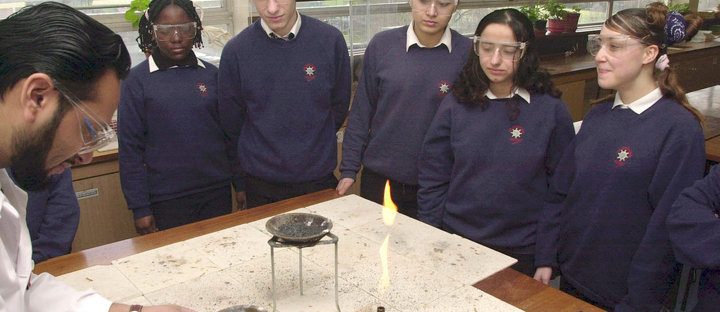According to Fox News, the percent[age] of married households in the [United States] fell to 48.4% in 2010, down from 55.2% in 1990 and 78% in 1960. This is the lowest in recorded history for our country. In 1960, according to The L.A. Times, almost 50% of [...] 18- to 24-year-olds and 82% of 25- … Continue reading “I Do”…or Maybe “I Do Not”
Have We Added Another Lost Generation?
“Generation Z” are our kids that have been born since the late 1990s. This generation has grown up with the [web] and is highly connected because of the Internet. Instant messaging, text messaging, smartphones, tablet computers and social networking are part of their fiber. They have 24-hour access to the Internet with their mobile phones … Continue reading Have We Added Another Lost Generation?
Even Billionaires Give
Forbes just came out with their latest list of billionaires. The media, during our recession and tax crisis, has been concentrating on the top 1%, which are Americans earning at least $343,000 in adjusted gross income, as reported on their tax returns. This latest list of billionaires is way out of even the 1%’s league. … Continue reading Even Billionaires Give
Is It Time to Be an Entrepreneur?
Open Forum reports that there is an 11% increase in the number of small businesses closing and a 17% decline in the number of small businesses opening. Get Busy Median reports 69% of small businesses survive at least two years, 44% of new firms survive four years, and 31% survive at least seven years. The … Continue reading Is It Time to Be an Entrepreneur?
No Nonprofit Should Be Left Behind
Now that the holiday season is over and retailers in general are reporting slightly higher sales than last year, the business community is letting out a shared sigh of relief, because it could have easily gone the other way, continuing the recession we have all been dealing with over the last three years—[a]nd, as USA … Continue reading No Nonprofit Should Be Left Behind
I Don’t Want to Be Homeless
What has America gotten itself into? Just about every state and every city is cutting back funding to services needed by those who need it most. The Chicago Reporter published the headline this week, “Temperatures dropping. Will the state restore funding for homeless shelters?” It goes on to report that the 2012 budget was cut … Continue reading I Don’t Want to Be Homeless
The Best Therapist You Ever Met
October is "Adopt-a-Pet-Shelter Month," and, as far as I am concerned, we should be celebrating this every month of the year. According to the Humane Society, animal shelters care for up to eight million dogs and cats every year and euthanize around four million animals. Today, there are more than 135 million dogs and cats … Continue reading The Best Therapist You Ever Met
Build It & They Will Learn
Last week the White House released their American Jobs Act proposal. Two ideas that caught my eye [were] preventing up to 280,000 teacher layoffs and modernizing at least 35,000 public schools by supporting new science labs, Internet-ready classrooms, and renovations at schools across the country in [both] rural and urban areas. No matter what your … Continue reading Build It & They Will Learn
May No Soldier Go Unloved
This is the slogan used by the nonprofit, volunteer-led organization Soldiers Angels, [which assists] families of veterans and veterans deployed, wounded and moving back into society. These volunteers are mothers, fathers, brothers and sisters of soldiers, as well as regular Americans who know the sacrifices our military makes to keep all of us safe. For … Continue reading May No Soldier Go Unloved
We Are Forgetting About Our Kids
I don’t need to rehash what has been going on in Washington. The moves that were made with the most recent agreements, we are told, were made to protect our children and their future. I am more worried about protecting our children of today to make sure we don’t have a lost generation gliding through … Continue reading We Are Forgetting About Our Kids





